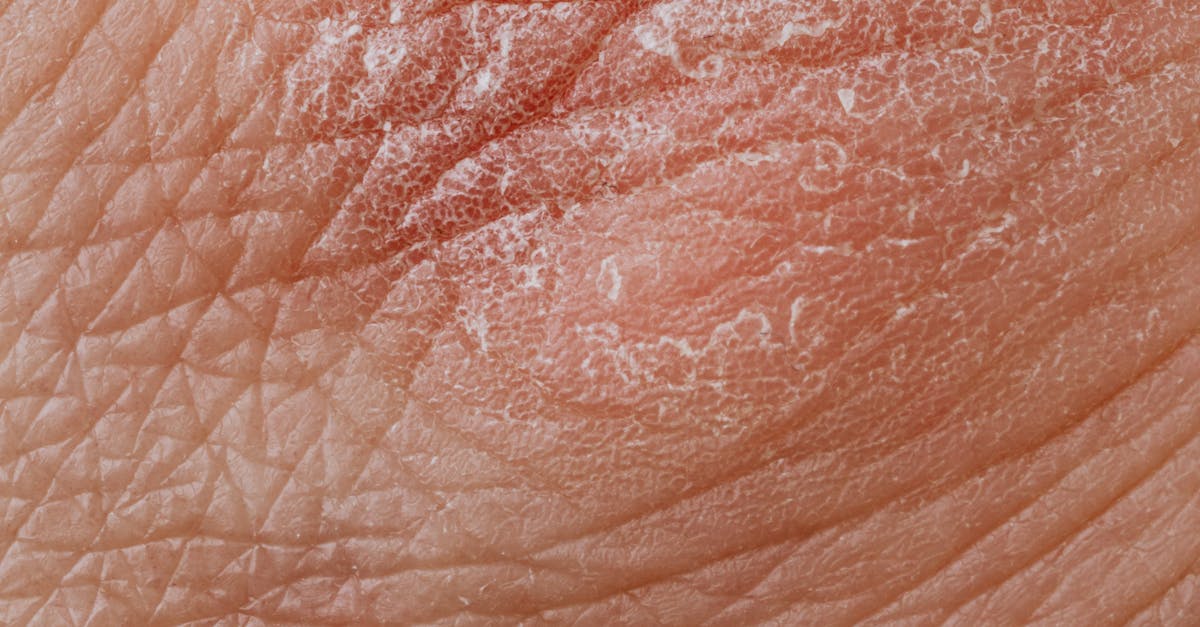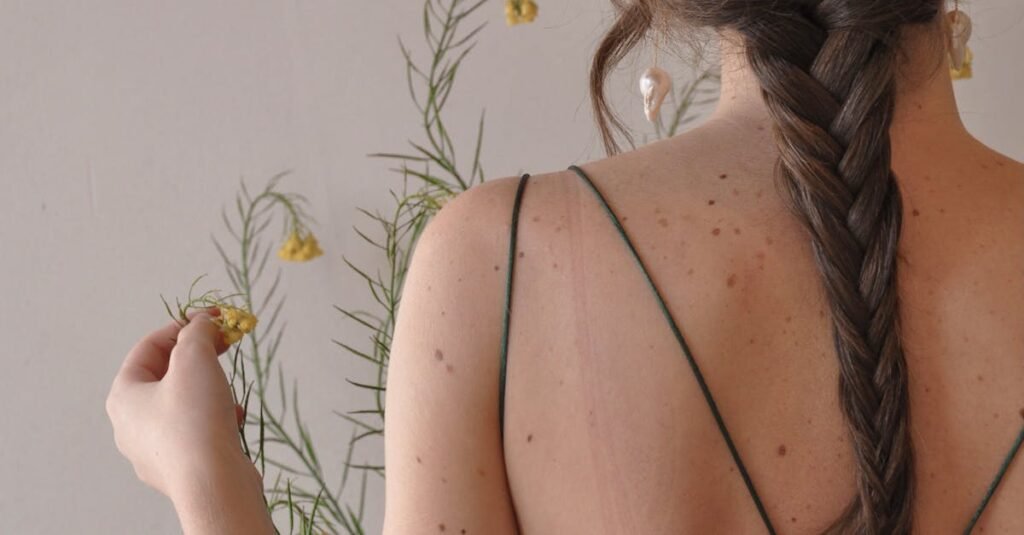Itching in the pubic area can be an uncomfortable and sometimes embarrassing issue for many women. Understanding the reasons behind this discomfort can help in addressing the problem effectively. In this article, we will explore some common causes of itchy pubic hair, providing insights and solutions to help you find relief.
| Cause | Description |
|---|---|
| Ingrown Hairs | Hairs that curl back into the skin can cause irritation and itching. |
| Allergic Reactions | Products like soaps, detergents, or lotions can lead to allergic reactions. |
| Fungal Infections | Infections such as yeast can cause itching and discomfort. |
| Skin Conditions | Conditions like eczema or psoriasis may affect the pubic area. |
| Pubic Lice | Infestation by lice can lead to severe itching in the pubic region. |
| Hormonal Changes | Menstruation and hormonal fluctuations can lead to increased sensitivity and itching. |
| Improper Hygiene | Poor hygiene can result in irritation and itching. |
Ingrown Hairs
Ingrown hairs occur when hair grows back into the skin rather than out of it. This can lead to small, painful bumps and significant itching. Ingrown hairs are often a result of shaving or waxing, where the hair follicle is damaged or blocked. To prevent this, consider exfoliating the area regularly and using proper shaving techniques, such as using a sharp razor and shaving in the direction of hair growth.

Allergic Reactions
Many women may experience itching due to allergic reactions to various products. This includes soaps, lotions, laundry detergents, or even toilet paper. If you’ve recently changed any personal care products or laundry detergents, it might be worth reverting to your previous products to see if the itching subsides. Always perform a patch test when trying new products to minimize allergic responses.

Fungal Infections
Fungal infections, particularly yeast infections, can cause significant itching in the pubic area. These infections thrive in warm, moist environments, making the genital area a prime target. Symptoms often include itching, redness, and discharge. Maintaining good hygiene, wearing breathable fabrics, and avoiding excessive moisture can help prevent these infections. If you suspect a fungal infection, consult a healthcare provider for appropriate treatment.

Skin Conditions
Skin conditions like eczema or psoriasis can also affect the pubic area, leading to dryness and itching. These conditions often require specific treatment, including topical creams or medications. It’s essential to consult a dermatologist for an accurate diagnosis and tailored treatment plan if you suspect a skin condition is the cause of your itching.

Pubic Lice
Pubic lice, also known as crab lice, are tiny parasites that infest the pubic hair and can cause intense itching. They are typically transmitted through close personal contact, including sexual activity. If you notice severe itching accompanied by small, visible lice or eggs, it’s crucial to seek treatment promptly. Over-the-counter treatments are available, but it’s advisable to consult a healthcare professional for guidance.

Hormonal Changes
Hormonal fluctuations, particularly during menstruation, pregnancy, or menopause, can lead to increased sensitivity and itching in the pubic area. Changes in hormone levels can affect skin texture and moisture, making it more prone to irritation. Staying hydrated and using gentle, fragrance-free products can help alleviate discomfort during these times.

Improper Hygiene
Poor hygiene can lead to a build-up of sweat, bacteria, and dead skin cells, resulting in irritation and itching. It’s essential to maintain regular cleaning of the pubic area, using mild soap and water. Additionally, wearing breathable underwear and avoiding tight clothing can help reduce moisture and irritation, promoting a healthier environment for your skin.

FAQs
What should I do if my pubic area is persistently itchy?
If your itching persists, it’s essential to consult a healthcare professional. They can diagnose the issue and recommend appropriate treatments based on the underlying cause.
Can shaving cause pubic hair itching?
Yes, shaving can lead to irritation, ingrown hairs, and allergic reactions to shaving products, which can all contribute to itching.
Are there any home remedies for itchy pubic hair?
Home remedies include using aloe vera gel for its soothing properties, applying coconut oil to moisturize the area, and avoiding irritants like scented products. However, if symptoms persist, professional medical advice is recommended.
How can I prevent pubic hair itching?
Maintaining good hygiene, using gentle products, avoiding tight clothing, and employing proper shaving techniques can help prevent itching.
When should I see a doctor for itchy pubic hair?
You should see a doctor if you experience severe itching, notice unusual rashes or lesions, or if the itching persists despite self-care measures.
References:
– [Mayo Clinic](https://www.mayoclinic.org/)
– [Centers for Disease Control and Prevention (CDC)](https://www.cdc.gov/)
– [American Academy of Dermatology](https://www.aad.org/)



